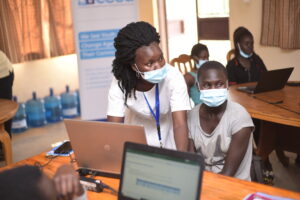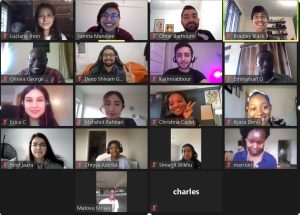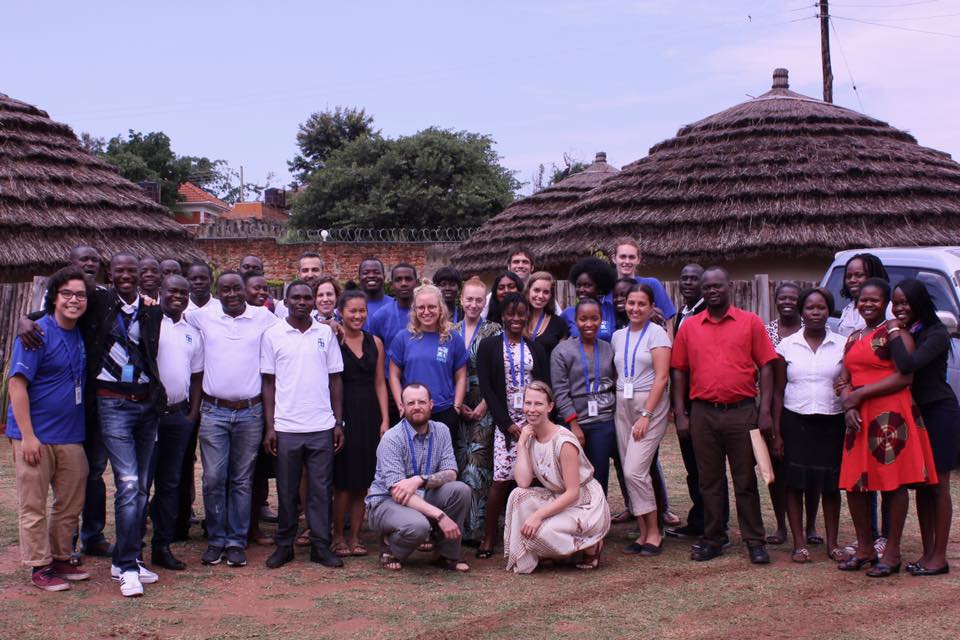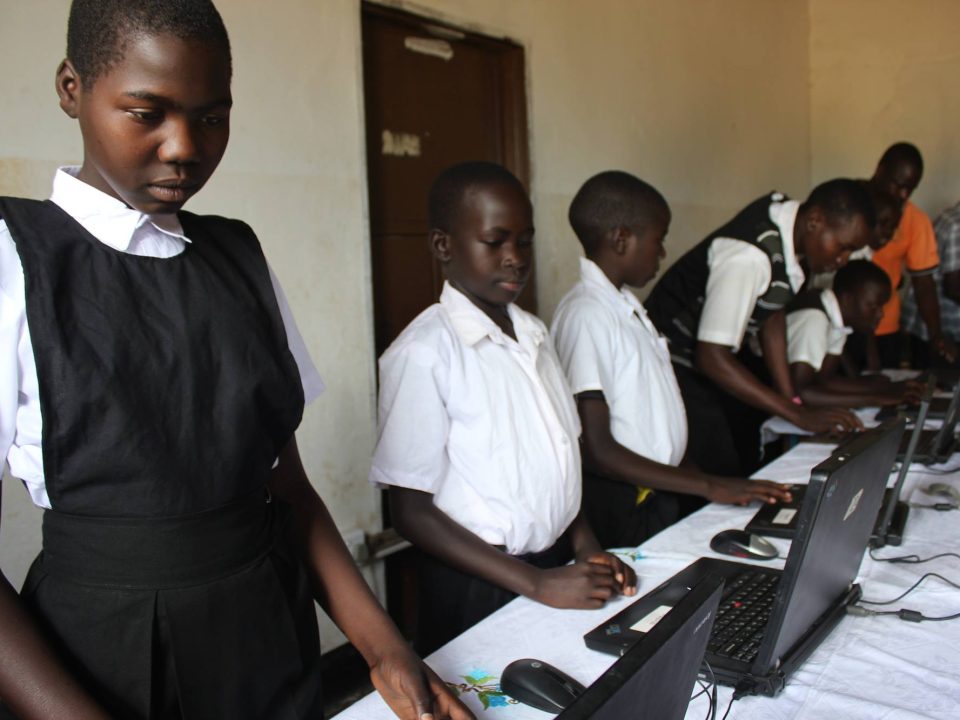
*New Internship Alert* CEED Concordia’s Virtual Technology and Education Internship
December 21, 2020
CEED Concordia’s 2021 Annual General Meeting
June 18, 2021What is Tech Ed?
The Tech Ed program, first launched by CEED in 2017, aims to bridge the Information and Communication Technology (ICT) gap in Uganda. Since its conception, Concordia student interns, as well as Ugandan interns, have taught High School students in Gulu, Uganda, how to use processing software such as Word or Excel as well as simple coding skills. The impact of this program is two-fold: on the one hand, teaching ICT skills aims to support Ugandan youth join the job market; on the other hand, teaching ICT skills aims to bridge the digital divide.
Youth unemployment is a serious crisis in many developing countries, and Uganda, with three-quarters of its population being youth below the age of 30, has a high youth unemployment rate. However, in Uganda, this issue is believed to be not due to a lack of jobs but rather due to insufficient employable skills among youth.

Why tackling the digital gap matters
Looking at the bigger picture, we know technology has played a large role in globalisation where those who have it, benefit from the immediacy of access to information as well as more commercial opportunities and transactions. In short, technology is a vital element in the solution of poverty.
The UNDP Human Development Report, 2001: “Many people fear that these technologies may be of little use to the developing world – or that they might widen the already savage inequalities between North and South, rich and poor. Without an innovative public policy, these technologies could become a source of exclusion, not a tool of progress”.
CEED, with its longstanding involvement in Uganda, decided to tackle the digital gap in the country with the Tech Ed Program by improving computer and online literacy among youths. This year, 13 Ugandan High School girls have completed CEED’s ICT certificate program and have continued to advance their ICT skills on their own or through one on one mentorship opportunities offered by CEED.

How Tech Ed adapted to the COVID-19
Despite the Covid-19 pandemic which has interrupted travel, CEED Interns continue to deliver the Tech Ed program, but by distance and completely online. Although teaching online has brought a new set of challenges, it has also opened many new opportunities on how Tech Ed can help bridge the digital divide and build lasting ICT skills among Ugandan youth.
The Tech Ed program, like all other initiatives led by CEED, seeks to answer urgent development issues in a sustainable way. One key aspect for the sustainability of any international development project is to involve the local community. This is why CEED chose to work in Gulu, where CEED has an established organization run by a permanent CEED team in Uganda to stabilize operations and complete projects. CEED Ugandan mentors were also actively involved in the Tech Ed program and training, leading the way on youth mentorship in their community for the ongoing development of ICT skills.

To learn more about challenges and achievements from teaching ICT skills online, please take a look at Canadian intern Chrysa and Ugandan inter George’s IG live where they discuss some of their challenges and achievements from online teaching.
For a look at how the Tech Ed programme adapted to the COVID-19 situation, watch Stephanie’s IG live, where she compares her in-person internship experience in Gulu back in 2017 with that of Bradley, an intern from the 2021 cohort who exclusively taught ICT skills online.



